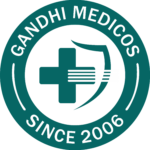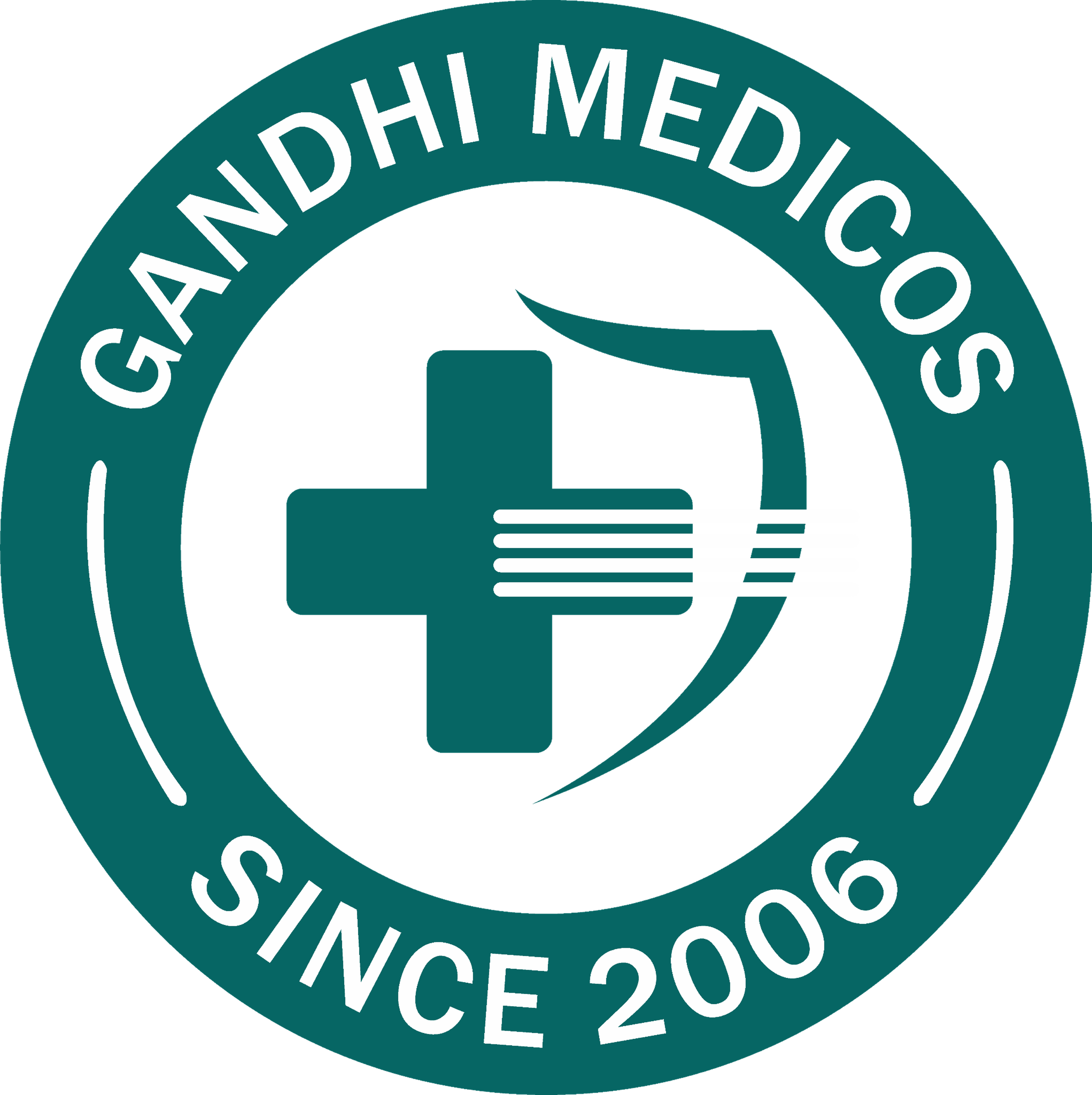Temonat 250mg Tablet for Glioblastoma Multiforme
Everything about Temonat 250mg Tablet
The central nervous system is affected by the extremely aggressive and cancerous brain tumour known as glioblastoma multiforme (GBM). Despite considerable medical science developments, the prognosis for GBM remains bleak, and there are few viable treatment choices. Temozolomide is the active component of Temonat 250mg tablet, which has emerged as a viable treatment option for GBM patients. This article explores the uses, benefits, and potential side effects of Temonat in managing GBM.
Temonat 250mg Tablet Uses
Temonat 250 is primarily used to treat adult patients with newly diagnosed GBM, a deadly brain tumour distinguished by its aggressiveness and resistance to standard treatments. To improve survival chances, GBM patients often have surgical resection, followed by radiation treatment and Temozolomide chemotherapy.
Temonat 250mg Tablet Benefits
- • Mechanism of Action: The Temonat 250mg Tablet active component, temozolomide, is a chemotherapeutic medication in the alkylating agent family. It causes cancer cells’ DNA to become damaged, which prevents the development and replication of the cancer cells and has an anti-tumor impact. Temozolomide is a crucial part of the treatment for GBM because of its capacity to pass the blood-brain barrier.
- • Improved Survival Rates: Temozolomide, when added to normal radiation, dramatically increases the survival rate of GBM patients, according to clinical research. Combination treatment is becoming the norm for treating GBM patients, providing some promise for increasing survival and enhancing quality of life.
- • Oral Administration: Temonat is available in tablets, making it comfortable and simple for patients to take. The oral route of administration promotes a more comfortable treatment experience by enabling more compliance and removing the need for frequent hospital visits.
- • Adjuvant and Neoadjuvant Therapy: Both adjuvant (post-surgery) and neoadjuvant (pre-surgery) therapies are utilised with Temonat 250mg Tablet. Before surgery, in neoadjuvant circumstances, it helps to shrink the tumour to make a full excision more practical. Temonat, used as an adjuvant medication, helps in reducing the risk of tumour recurrence following radiotherapy and surgery.
Side Effects of Temonat 250mg Tablet
- • Nausea and Vomiting: Some people who use temozolomide may have mild to moderate nausea and vomiting. To properly control these negative effects, antiemetic medicines are frequently used.
- • Fatigue and Weakness: Patients receiving chemotherapy for cancer frequently feel weak and exhausted. The symptoms of this condition can be reduced with enough sleep and a healthy diet.
- • Myelosuppression: Myelosuppression, a condition in which the activity of the bone marrow is diminished and the synthesis of blood cells is decreased, can be brought on by Temonat 250mg Tablet. An increased risk of bleeding, anaemia, and infections might occur from this. To keep track of blood cell counts while receiving therapy, routine blood tests are required.
- • Hair Loss: While using Temonat, some people may have temporary hair loss. Normally, hair comes back when the therapy is over.
- • Secondary Malignancies: Temonat 250mg Tablet usage for an extended period of time may raise the chance of subsequent cancer development. Following treatment, patients are urged to have routine medical exams and cancer screenings.
Most Common Side Effects
- • Weight loss
- • Shortness of breath during exercise
- • Stomach discomfort, constipation, dry mouth, indigestion, and acid reflux
- • Hair loss and thinning hair
- • Dry skin
- • Back pain and muscle spasms
- • Chest pain and weakness
- • Common cold symptoms
Conclusion
Temonat 250mg Tablet, which contains temozolomide, has become a useful choice for treating glioblastoma multiforme (GBM). With its oral delivery and capacity to target and kill cancer cells, it has increased survival rates and given patients with this aggressive brain tumour hope. Temonat 250mg Tablet has many advantages, but it’s important to be aware of any possible side effects and have ongoing medical care while taking it. To improve treatment results and the quality of life for GBM patients, collaboration between healthcare professionals, patients, and families is still crucial.






